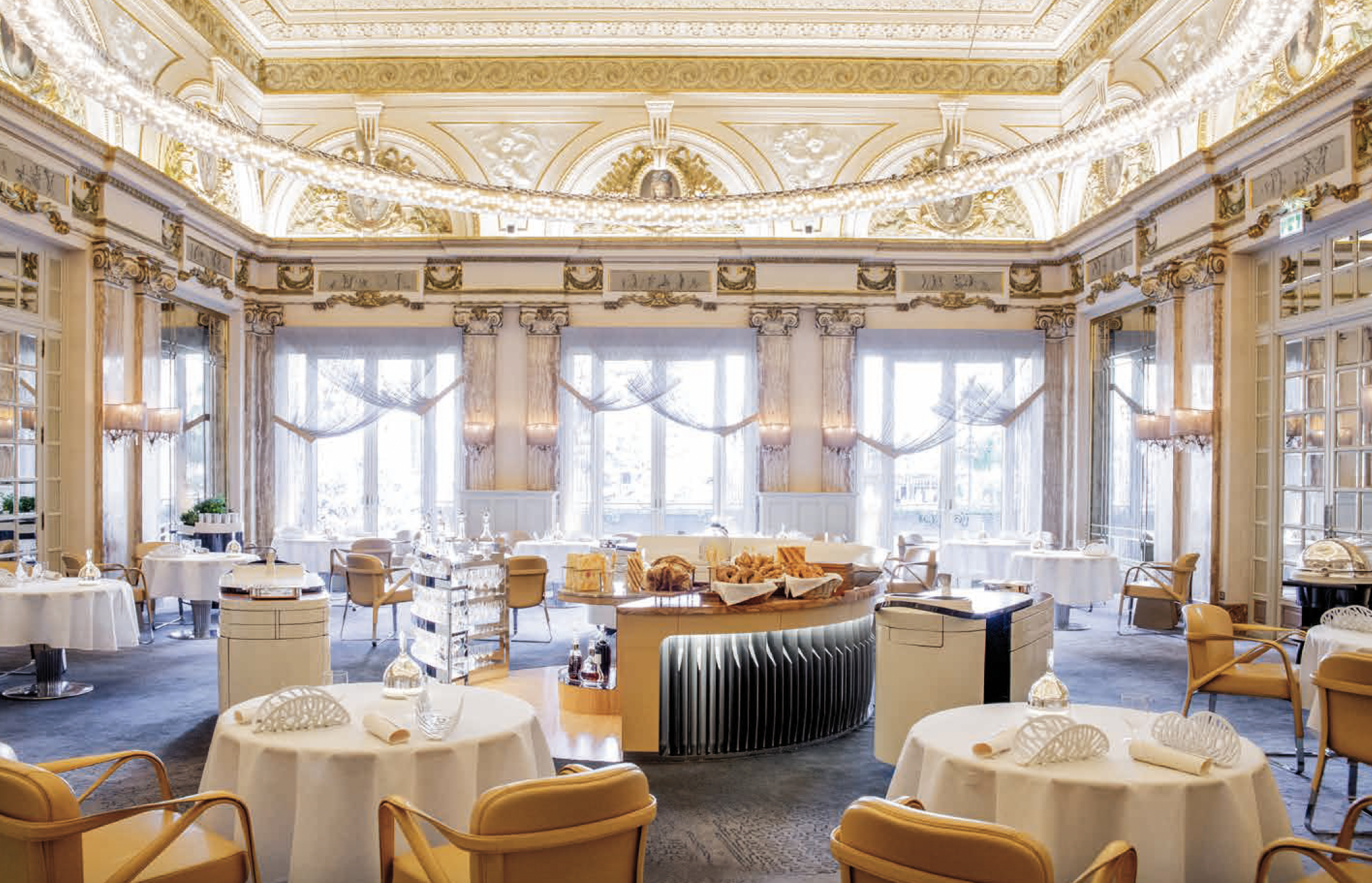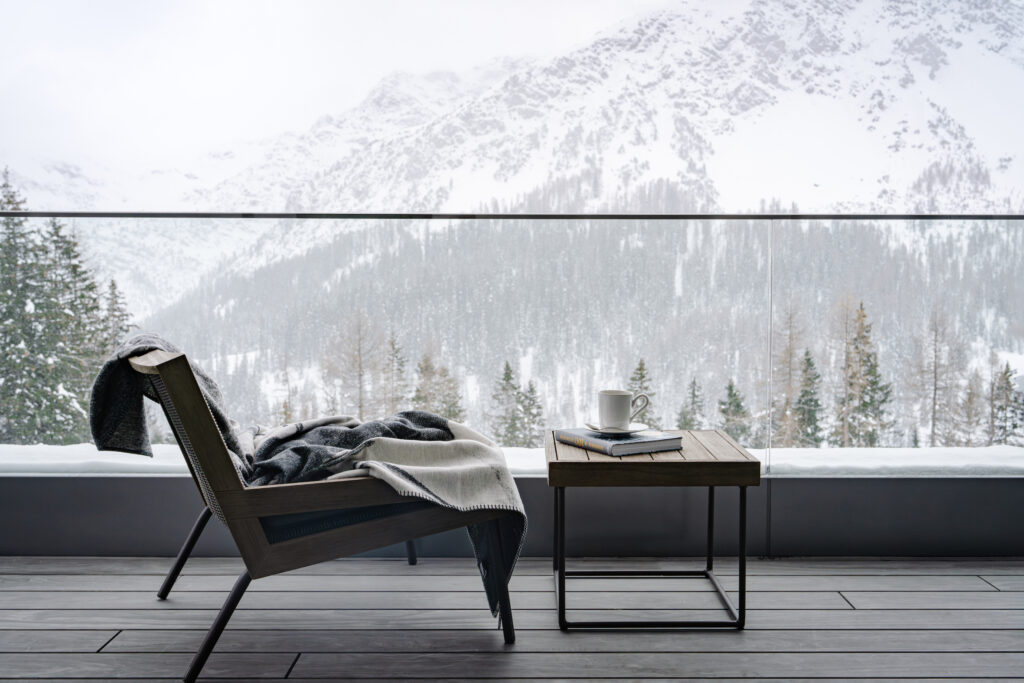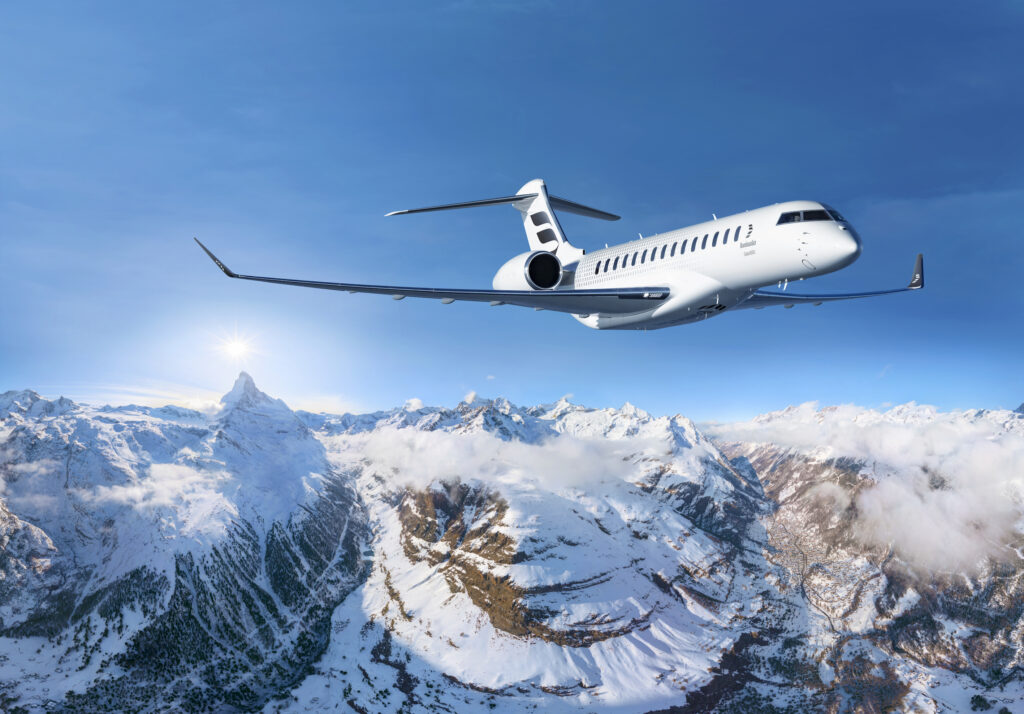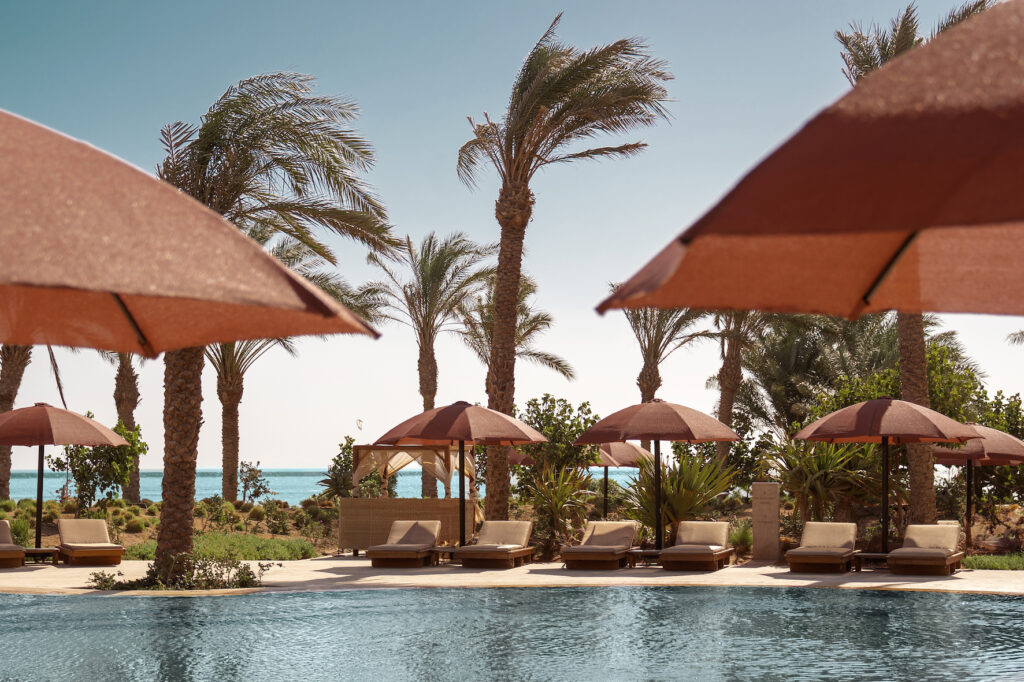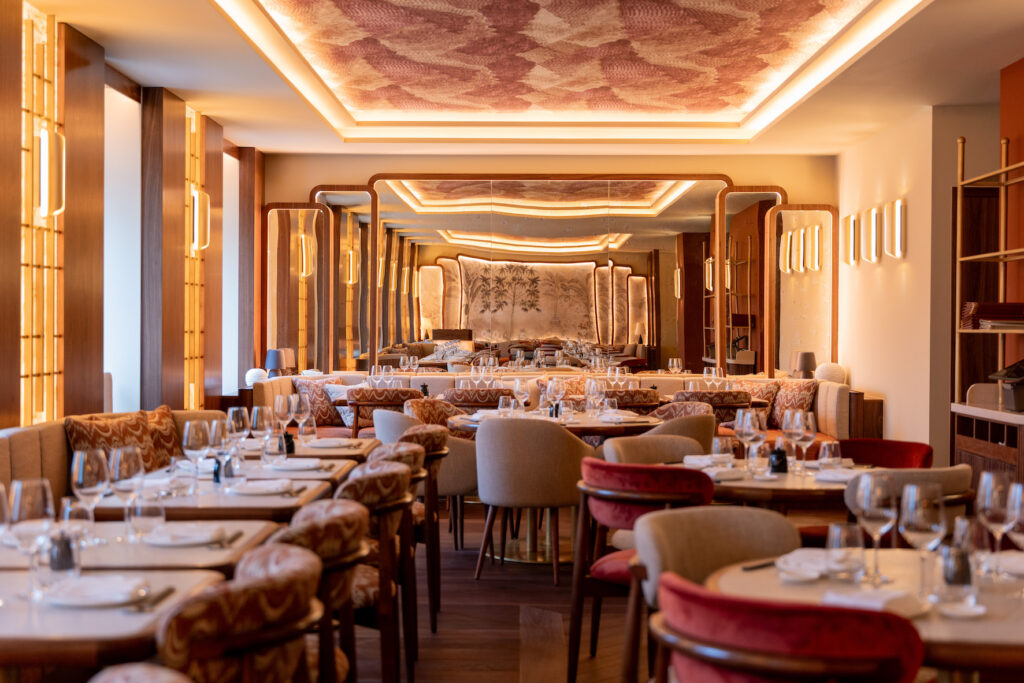We talk to Alain Ducasse—the most lavishly starred chef in the world, and unofficial High Priest of the Riviera’s food scene—about his country’s gastronomic reputation, and the endless joys of Festival des Etoilés Monte-Carlo.
Why is French cuisine held in such high regard? That country’s revolution is often cited as a major factor. To put it as simply as possible, chefs—relieved of their employment by the nobility—went off and invented what we now call “restaurants”. But for Alain Ducasse, the most decorated chef on the planet, it goes back much further than that.
“French cuisine was codified very precisely and very early—the first cookbooks date back to the 14th century and they flourish from the 18th century onwards,” says Ducasse, who, along with fellow culinary titans such as Yannick Alléno, Dominique Lory and Marcel Ravin, is making Festival des Etoilés Monte-Carlo an altogether tastier affair at events right up until October.
“I’d never suggest that French cuisine is better than others—Italian and Japanese cuisines are remarkable—but they didn’t inherit this long tradition of codification. More importantly, they didn’t [historically] travel like French cuisine did throughout Europe, gathering a huge amount of new techniques.”
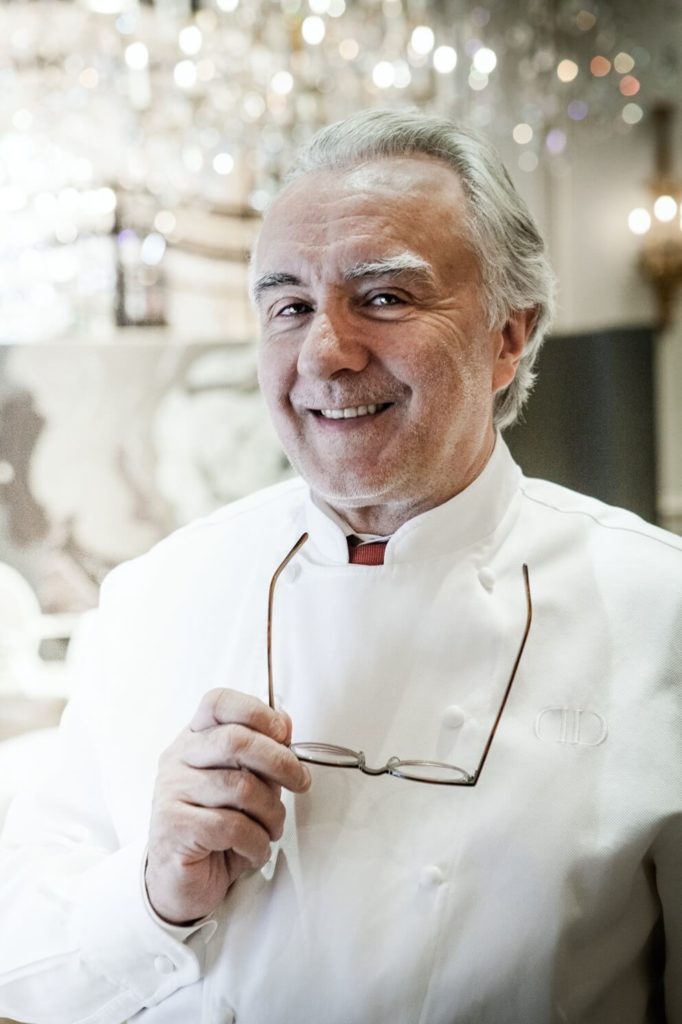
As for why the Principality is such a culinary hotspot, Ducasse puts that down to perspicacity on the part of its late ruler. “In the late ’80s, Prince Rainier understood that Monaco’s palaces must be offered a gastronomic proposal at the same quality level as the hotels. Naturally, the best French chefs participated in this change. Without this I wouldn’t have become the first to gain three Michelin stars at Le Louis XV, the restaurant of the H.otel de Paris, in 1990.”
For all his regard for the gastronomy of his native land, Ducasse believes that the Festival des Etoilés’ magic lies in bringing together eclectic gourmands and culinary artists. “It makes tastebuds travel, and opens minds and hearts onto the world,” he says. “This is, from my viewpoint, what makes it so special. We’re fortunate enough to welcome top-level chefs from different countries, to create made-to-measure culinary proposals for food lovers to discover. This year, we’ll also celebrate in September the 150th anniversary of the Hotel de Paris’ cellar, which is probably one of the largest in the world [with around 350,000 bottles]. Wines are intrinsically part of the gastronomic experience.”
Crucial to the kitchen arts, according to Ducasse, is the concept of collaboration: of two gastronomic big-hitters pooling their knowledge, passion and experience, as he and Simon Rogan—chef at the three-starred L’Enclume restaurant in the UK’s Lake District—did earlier this year. “It’s all about dialogue,” Ducasse says. “Simon and I genuinely share the same vision of cuisine—a vision where the sourcing of the products is essential. Be it in the north of England, where Simon’s establishment is located, or on the Riviera, the quality of the local products is key. This combining of views makes the mix and match of recipes easy, natural and fluid.”
Now 67, Ducasse has 34 restaurants worldwide; he’s the recipient of a Doctor in Culinary Arts by Johnson & Wales University in the US, and a Lifetime Achievement award from the World’s 50 Best Restaurants. With five decades in the restaurant milieu under his belt, Ducasse—whose early culinary memories include picking mushrooms with his grandfather on a farm in southwest France—is showing more passion and energy for his craft than ever before.
He embraces sustainability with gusto. “Respect for the planet and quality of food are really two faces of the same coin,” he says, whilst recent forays into plant-based cooking (including the opening of Sapid in Paris) show a willingness to shape, rather than simply adapt to, the zeitgeist.
His first trio of Michelin stars were bestowed on him while managing Le Louis XV in Monaco. We can only pray he will choose to grow his collection of them—21 to date—here in the Principality.

